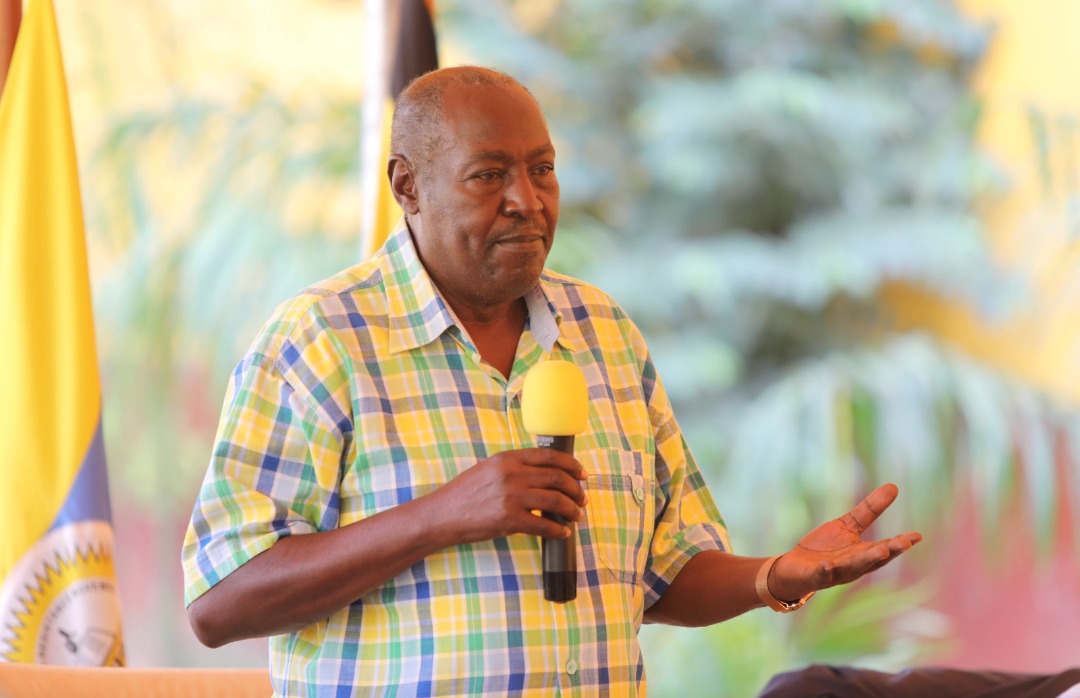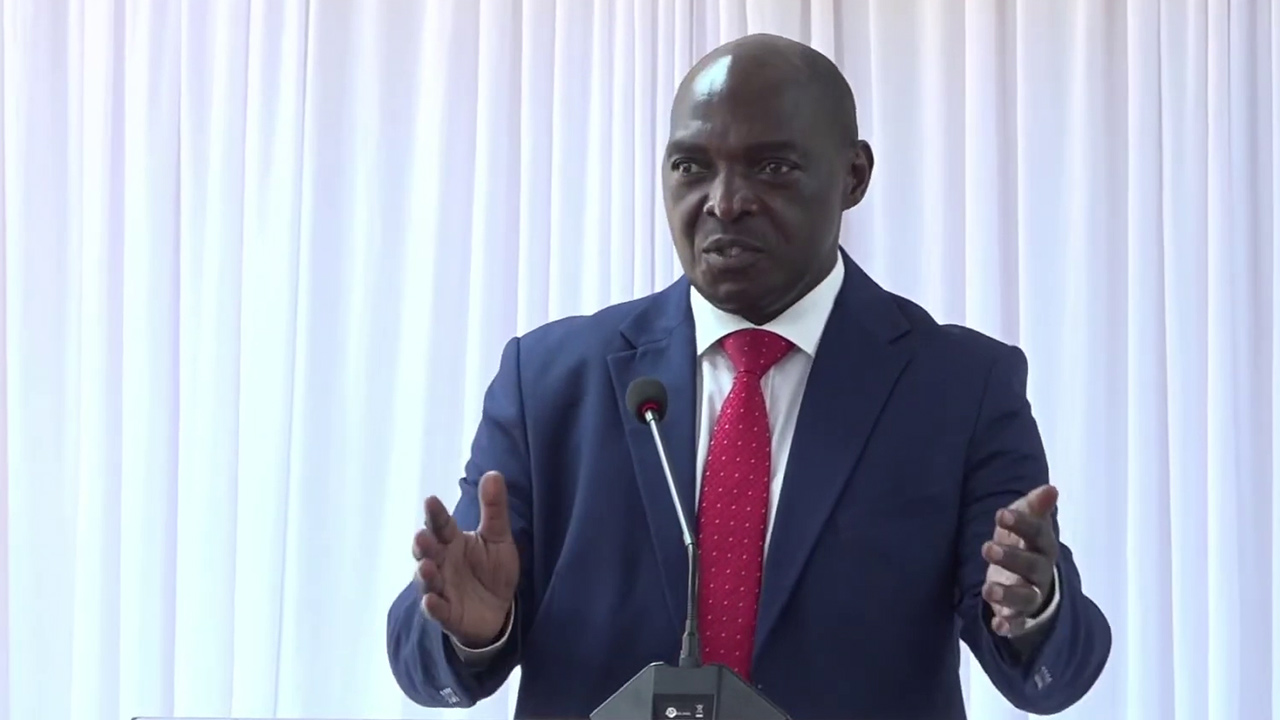Bobi Wine promises a new Uganda as NUP launches 2026–2031 ambitious manifesto
Under the rallying call “A New Uganda Now,” the opposition party frames the manifesto as a covenant with Ugandans to restore democracy, end corruption, and expand opportunities for all citizens after what it describes as decades of unfulfilled promises and entrenched authoritarianism.

The National Unity Platform (NUP), led by party president and 2026 presidential candidate Robert Kyagulanyi Ssentamu (Bobi Wine), Monday 29th September 2025 in Jinja, launched its manifesto ahead of the 2026 general elections, outlining an ambitious program to reset Uganda’s political, social, and economic order.
Under the rallying call “A New Uganda Now,” the opposition party frames the manifesto as a covenant with Ugandans to restore democracy, end corruption, and expand opportunities for all citizens after what it describes as decades of unfulfilled promises and entrenched authoritarianism.
Restoring Democracy and Human Rights
A core plank of the manifesto is the restoration of constitutionalism and freedoms. NUP pledges to reinstate presidential term and age limits, strengthen judicial independence, and end the trial of civilians in military courts. The party also promises stronger media freedoms, protection for civil society, and electoral reforms to guarantee free and fair elections.
Ending Corruption and Wasteful Spending
NUP places the fight against corruption at the center of its program. The party proposes to slash government excesses by reducing cabinet size, cutting the number of MPs, and scrapping costly political appointments.
Savings would be redirected to social services like health, education, and clean water. It also commits to digitizing government transactions, creating a Public Integrity Court, and enforcing strict transparency in public finance.
Jobs and the Economy
To tackle high unemployment, NUP promises to create 10 million new jobs by 2032 through investments in manufacturing, tourism, sports, and the creative economy. The party also pledges to reform taxation to favor low-income earners, simplify the tax system, and support small businesses.
Equal Access to Services
On public services, the manifesto commits to ensuring universal access to clean water, healthcare, education, energy, and infrastructure. NUP also plans to launch a public-school feeding program to combat hunger, improve education outcomes, and strengthen food security.
Land and Governance Reforms
To address widespread land grabbing, the party promises secure land rights for all Ugandans. It also proposes genuine devolution of power to regional and local governments, enabling communities to directly manage resources and services.
Diaspora and Foreign Policy
Acknowledging the role of Uganda’s diaspora, which contributes over $1.5 billion annually in remittances, NUP vows to position Ugandans abroad as key partners in national development and to strengthen foreign policy for competitiveness on the global stage.
Climate Change and Natural Resources
The manifesto highlights the urgent need for sustainable management of natural resources and climate resilience, including reforms in mining and oil sectors to ensure revenues benefit education, health, and infrastructure.
Technology and Innovation
NUP also envisions Uganda as a tech-driven economy, promising to leverage innovation and digital technologies to create jobs, modernize services, and drive competitiveness.
A Promise of Reset
In his message, Bobi Wine said the manifesto represents a “complete reset” for Uganda after years of corruption, nepotism, and abuse of power. “This election is not about me. It is about us… building a country that works for everyone, not just a privileged few,” he declared.
The Road to 2026
With priorities ranging from governance reforms to job creation, NUP positions itself as the alternative to the ruling NRM, appealing especially to Uganda’s youth, who form the majority of the population. The coming elections will test whether Ugandans see the party’s bold promises as a credible roadmap or aspirational rhetoric.







